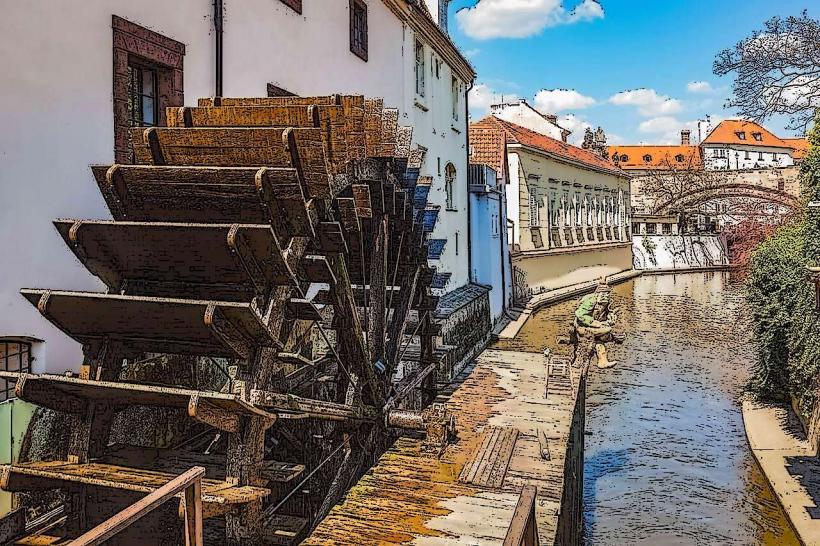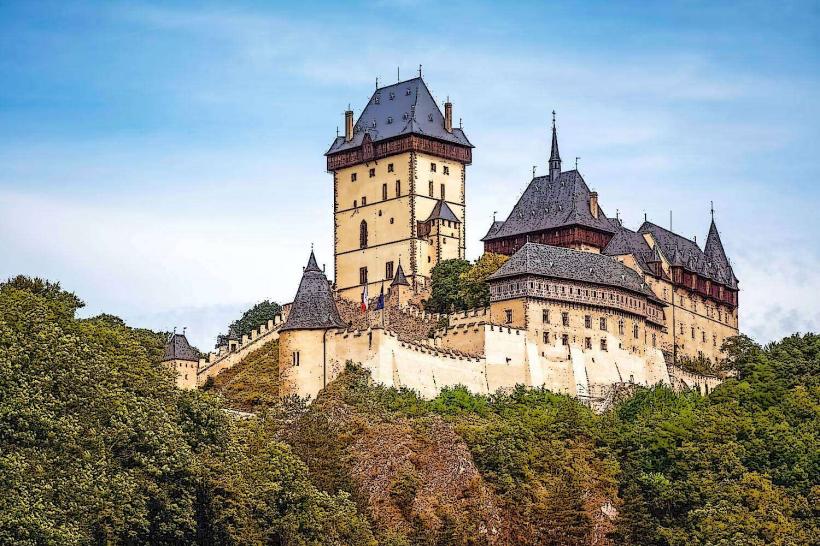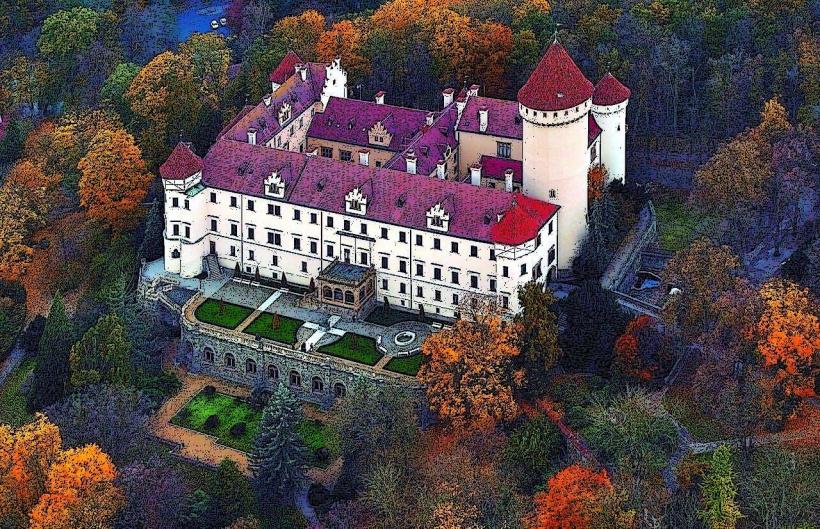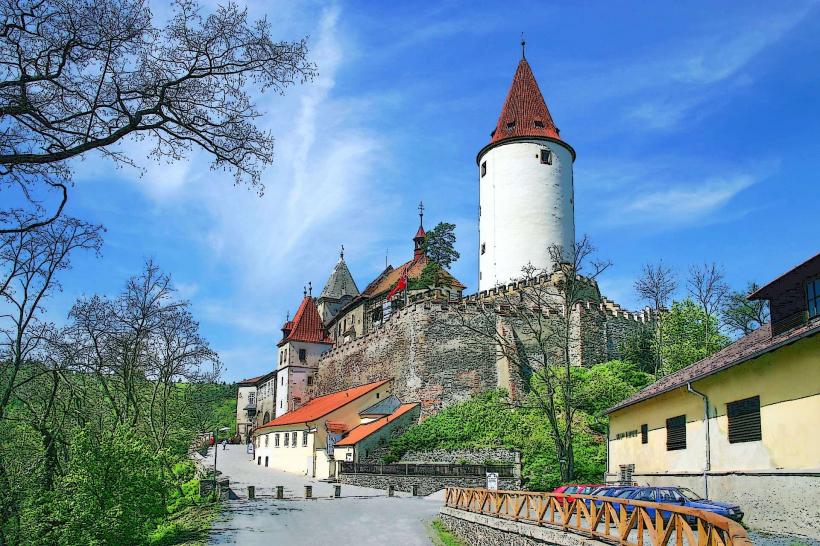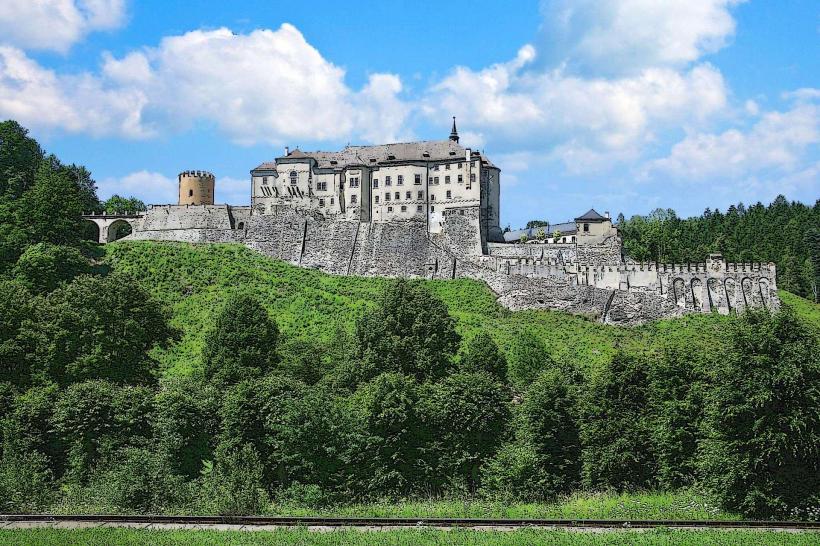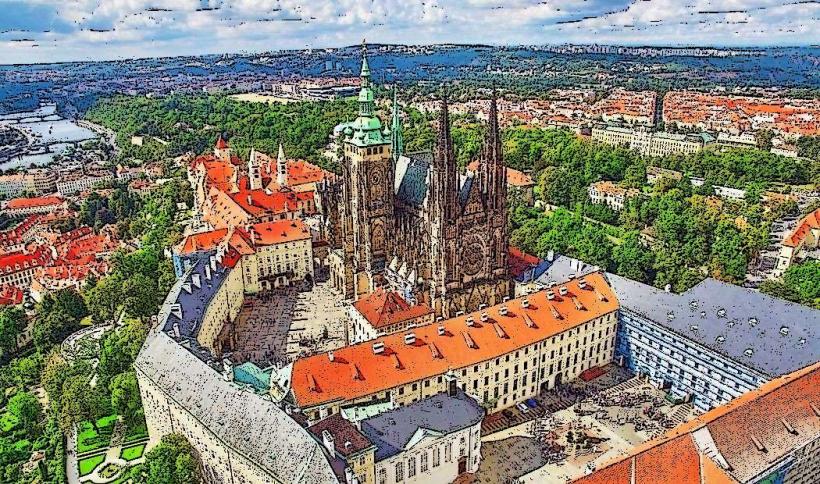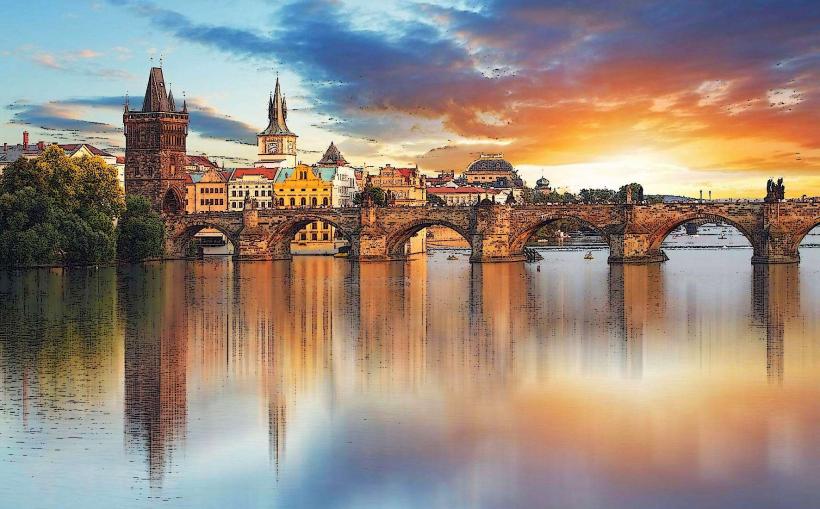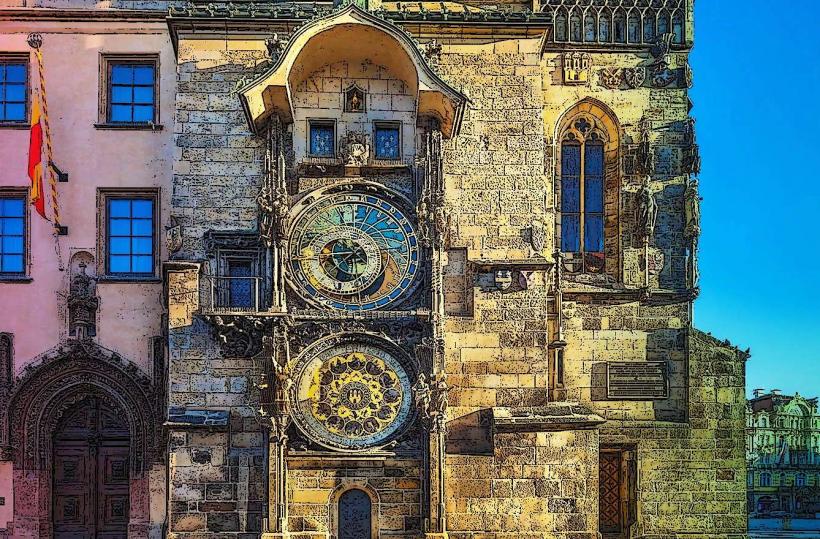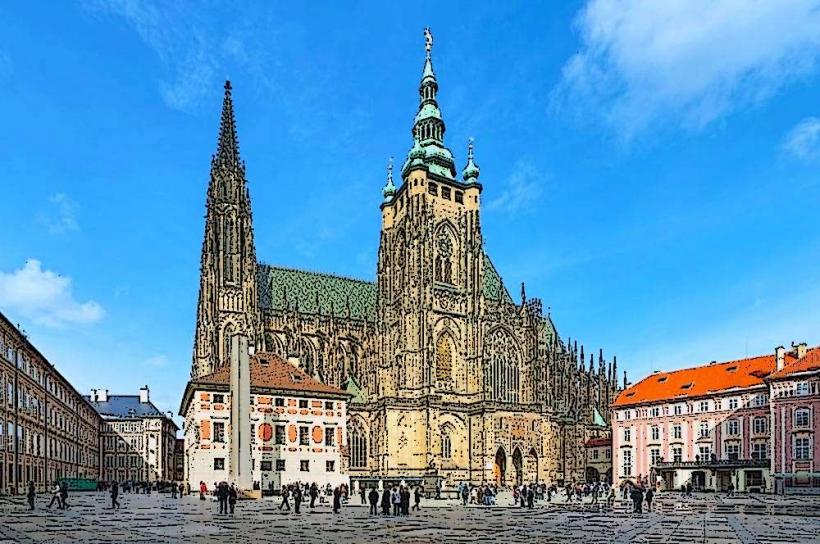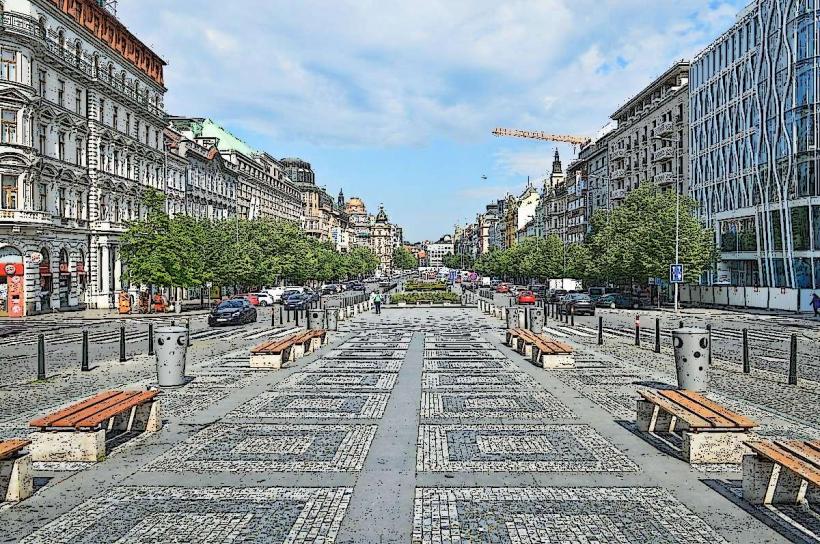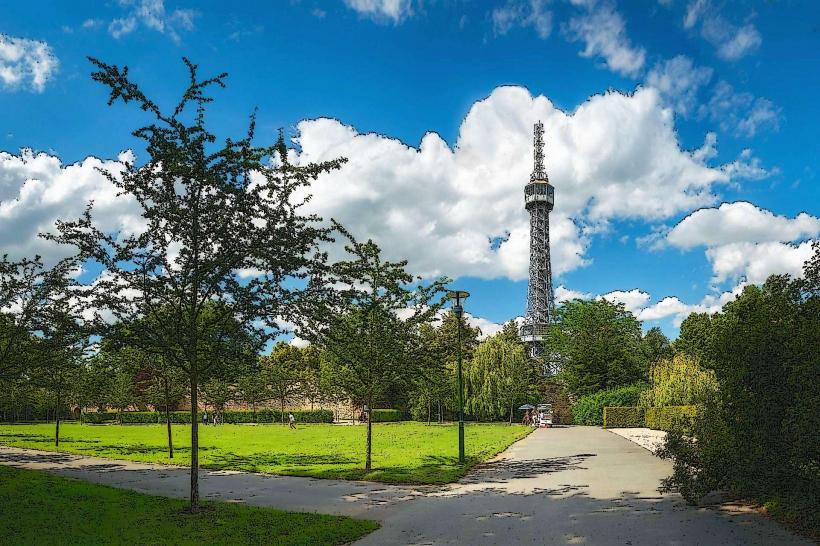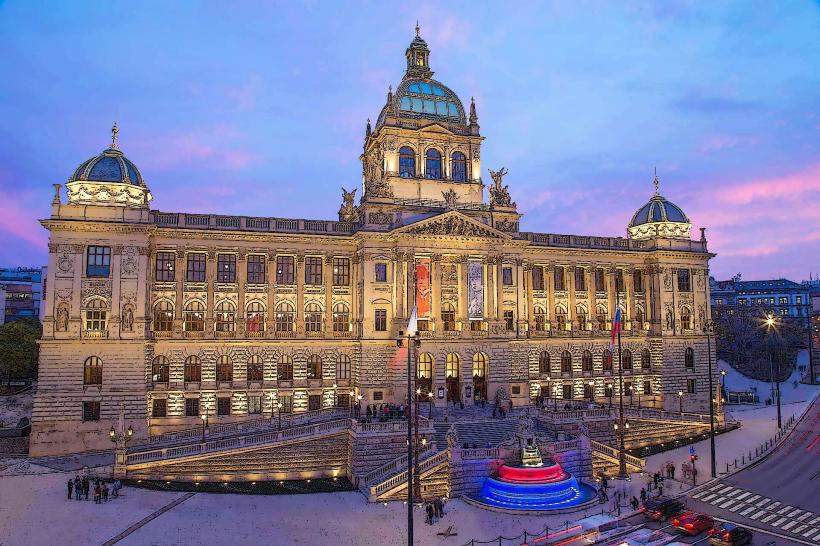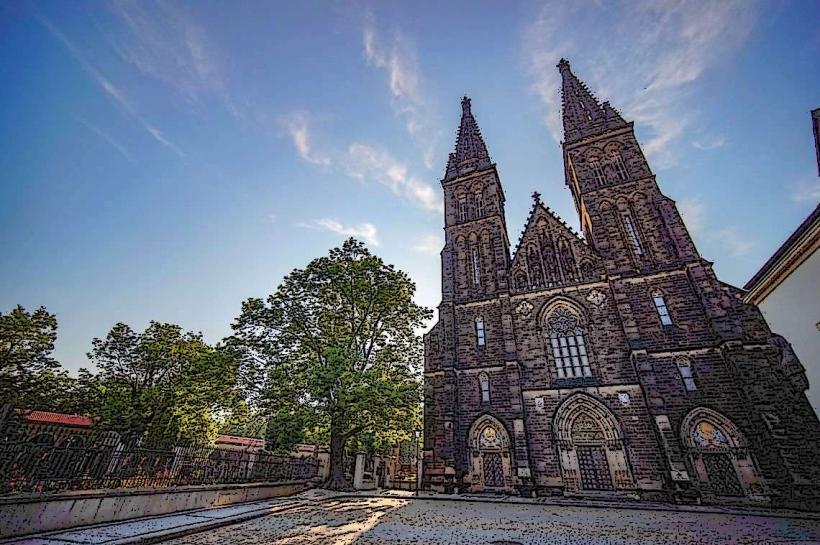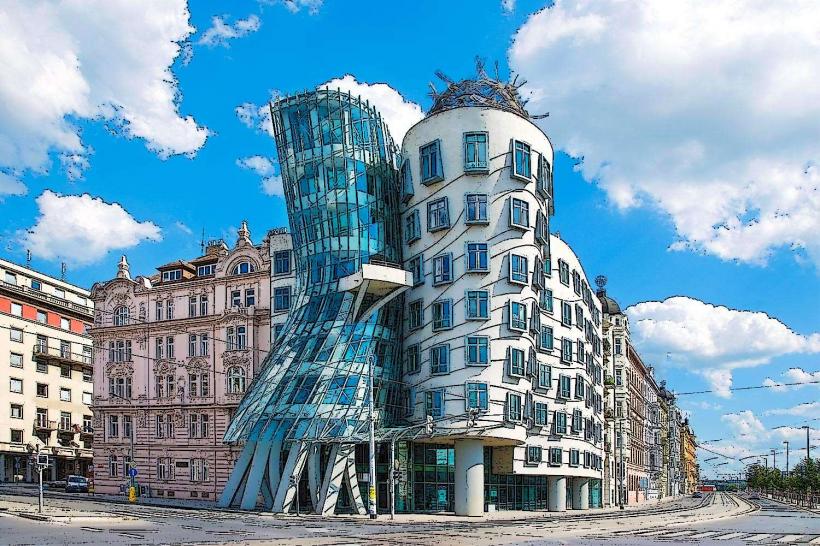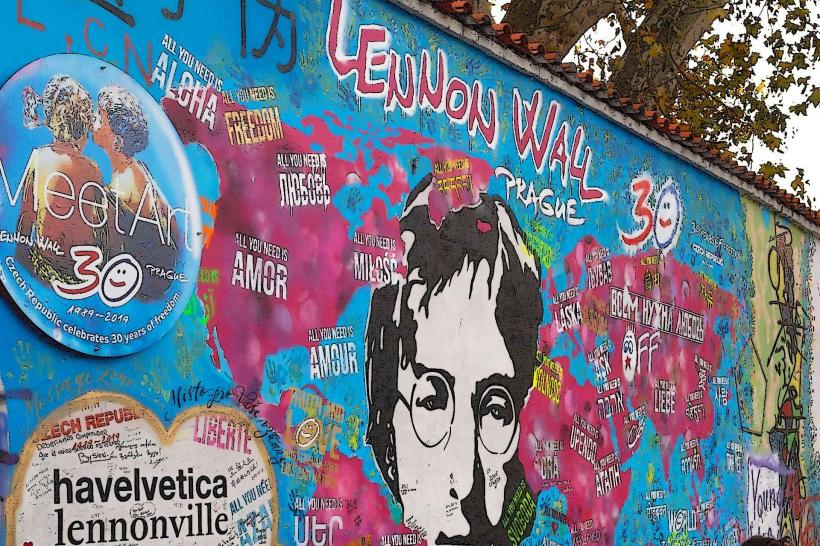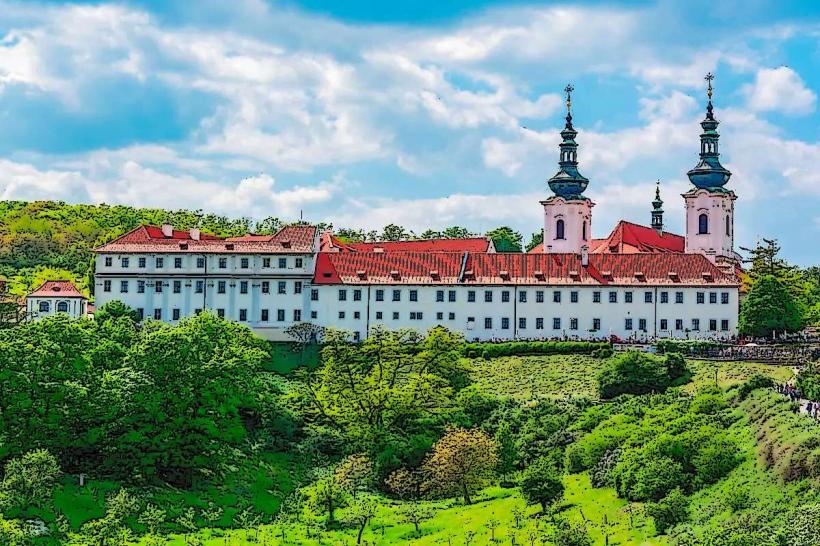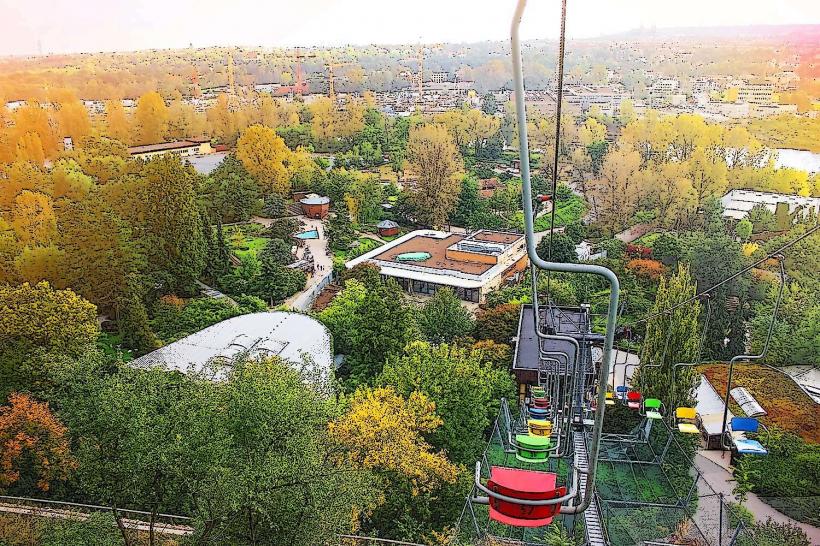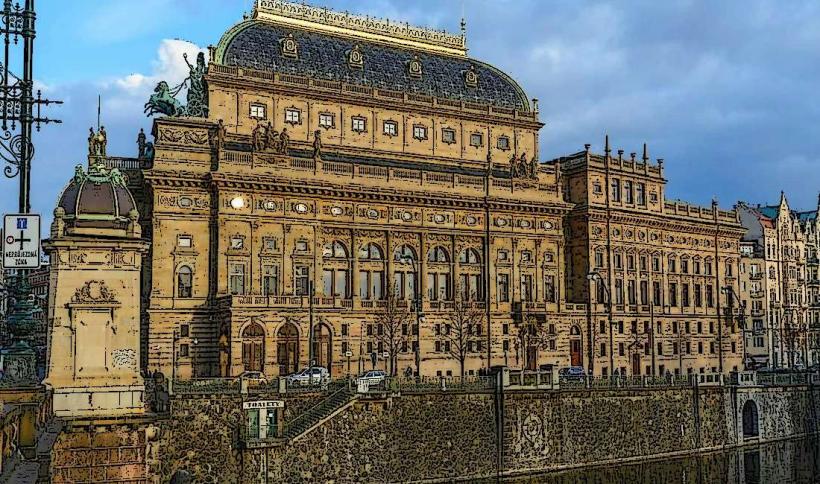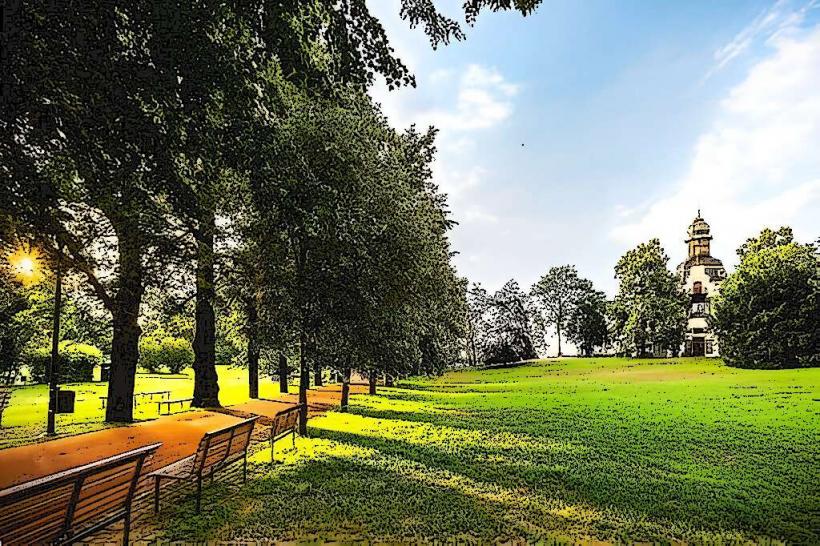Information
Landmark: Jewish Quarter (Josefov)City: Prague
Country: Czech Republic
Continent: Europe
Jewish Quarter (Josefov), Prague, Czech Republic, Europe
Jewish Quarter (Josefov) – Detailed Overview
The Jewish Quarter, known as Josefov, is one of Prague's most historically significant districts. It is located in the heart of the city, just north of Old Town Square. This area has been home to the Jewish community in Prague for over 1,000 years, and today it stands as a powerful reminder of the rich cultural and historical heritage of the Czech Jewish community. Josefov is not only a historical district but also an important site of Jewish history, particularly in relation to World War II and the Holocaust.
Historical Background
The Jewish Quarter was originally established in the 13th century, during the reign of King Wenceslas I, who allowed Jews to settle in the area. Over time, it grew to become a significant Jewish community in the Czech lands, and it was known for its distinct and vibrant culture.
Early History: Jews had been living in Prague for centuries, but they were first officially allowed to settle in what would later become Josefov in the 13th century. The area was originally a ghetto where Jews were confined but also thrived in terms of religious and intellectual life.
16th Century: During the reign of Emperor Rudolph II, the Jewish Quarter became an intellectual hub. The Rabbi Loew, who is said to have created the Golem-a mythical creature in Jewish folklore-lived and worked in the district during this time.
19th Century: In the mid-1800s, many of the ghetto's buildings were demolished, and the district was modernized under the leadership of Emperor Joseph II, who aimed to improve the living conditions of the Jewish community and give it more civic freedom. This modernization process gave the area its current name, Josefov, after Emperor Joseph II.
World War II and the Holocaust: During World War II, the Jewish community of Prague was severely impacted by the Nazi occupation. Many Jews were deported, and numerous synagogues and cultural sites were destroyed. Remarkably, much of the Josefov district survived the war relatively intact, partly because the Nazis planned to turn it into a "museum of an extinct race". The Jewish Museum in Prague now houses many important artifacts from this tragic period in history.
Key Attractions in the Jewish Quarter
1. Old-New Synagogue (Staronová synagoga)
The Old-New Synagogue is the oldest active synagogue in Europe, and one of the most important landmarks in Josefov. It dates back to 1270 and was originally built in the Gothic style.
- Architecture: The synagogue has a distinctive Gothic architecture with pointed arches and narrow windows. The name "Old-New" refers to the fact that it is one of the oldest synagogues (Old) and yet still functions today (New).
- Historical Significance: The Old-New Synagogue is not only a religious site but also a key element in the history of the Prague Jewish community. It is closely associated with the legend of the Golem, created by Rabbi Loew. According to Jewish folklore, the Golem was an artificial being created to protect the Jewish community from persecution.
2. Jewish Museum in Prague
The Jewish Museum in Prague is one of the most significant Jewish museums in the world. It is dedicated to preserving the history and culture of the Jewish community in the Czech lands.
- Collections: The museum houses an extensive collection of Jewish religious artifacts, historical documents, photographs, and books. Many of the items were saved from the Holocaust, making it an important cultural repository for both Jews and non-Jews alike.
- Exhibitions: The museum has several exhibitions, including displays on the history of the Jewish community in the Czech Republic, the Holocaust, and the rituals and customs of Jewish life.
3. Spanish Synagogue (Španělská synagoga)
The Spanish Synagogue is a beautiful Moorish Revival-style synagogue that was built in the late 19th century. It is one of the most architecturally stunning synagogues in Prague.
- Design: The interior of the Spanish Synagogue is richly decorated with Islamic-inspired motifs, and the walls are adorned with ornate designs in shades of gold, blue, and red. It is one of the finest examples of Moorish-style architecture in Prague.
- Exhibitions: Today, the Spanish Synagogue serves as part of the Jewish Museum and contains exhibitions that focus on the history of Jews in Bohemia and the Golden Age of Prague Jewry in the 16th century.
4. Pinkas Synagogue (Pinkasova synagoga)
The Pinkas Synagogue is another major synagogue in the Jewish Quarter, and it holds particular significance due to its role in memorializing the victims of the Holocaust.
- Holocaust Memorial: The walls of the synagogue are inscribed with the names of 77,297 Czech Jews who died in the Holocaust, making it a powerful memorial to the Czech Jewish community lost during World War II.
- Exhibitions: The synagogue also hosts exhibitions related to the Holocaust, focusing on the experiences of Czech Jews during the Nazi occupation and the deportations to concentration camps.
5. Jewish Cemetery (Židovský hřbitov)
The Jewish Cemetery in the Jewish Quarter is one of the oldest in Europe and is an essential site in the history of Prague's Jewish community.
- Old Jewish Cemetery: The Old Jewish Cemetery dates back to 1439 and contains over 12,000 graves. The graves are stacked in layers due to the limited space in the area, making the cemetery a striking and poignant place to visit.
- Grave of Rabbi Loew: The cemetery is home to the tomb of the famous Rabbi Loew, who is said to have created the Golem. The grave is a place of pilgrimage for many Jewish visitors.
6. Klausen Synagogue (Klausova synagoga)
The Klausen Synagogue is another significant synagogue in the Jewish Quarter, built in the 18th century in the Baroque style.
- Design and Function: It was originally used for prayer services, and today, it is part of the Jewish Museum. The synagogue is known for its baroque architecture and its beautiful wooden ceiling.
- Exhibitions: Inside, visitors can learn about the history of Jewish life in Prague, and it houses a collection of Jewish ceremonial objects.
7. Ceremonial Hall (Obřadní síň)
The Ceremonial Hall is part of the Jewish Cemetery complex and was used for the burial rites of Prague's Jewish community.
- Architecture: The hall features neo-Renaissance architecture and is an important site for visitors to learn about the rituals of Jewish funerary practices.
Cultural Significance
The Jewish Quarter of Prague is more than just a tourist attraction; it is a living testament to the rich cultural heritage and tragic history of the Czech Jewish community. The quarter houses important synagogues, cemeteries, and memorials that serve as reminders of the Jewish contribution to Czech culture and the devastation faced during the Holocaust.
Jewish Traditions and Festivals: Today, Josefov is home to a vibrant community that celebrates Jewish holidays such as Passover, Hanukkah, and Rosh Hashanah with services and festivals held in the district’s synagogues.
Jewish Cuisine and Stores: The quarter also hosts a number of Jewish restaurants, cafes, and kosher shops, where visitors can experience Jewish cuisine, such as matzo ball soup, brisket, and challah bread.
Visitor Experience
Visitors to the Jewish Quarter can take a walking tour to explore its historical sites, including the Old-New Synagogue, Spanish Synagogue, Jewish Cemetery, and Pinkas Synagogue. Many visitors also choose to visit the Jewish Museum to deepen their understanding of the Jewish experience in Prague.
- Opening Hours: The major synagogues and museums in Josefov are usually open to visitors daily, but it’s best to check specific hours in advance.
- Walking Tours: There are many guided tours available that provide detailed insights into the history, culture, and tragedy of the district.
Conclusion
The Jewish Quarter (Josefov) is a must-see for anyone visiting Prague, offering a deep dive into the history and culture of the Jewish people in the Czech lands. The synagogues, cemeteries, and museums stand as enduring symbols of both the contribution and suffering of Prague’s Jewish community, providing visitors with a chance to reflect on both the richness and the loss experienced during some of the most difficult periods of the city’s history.

